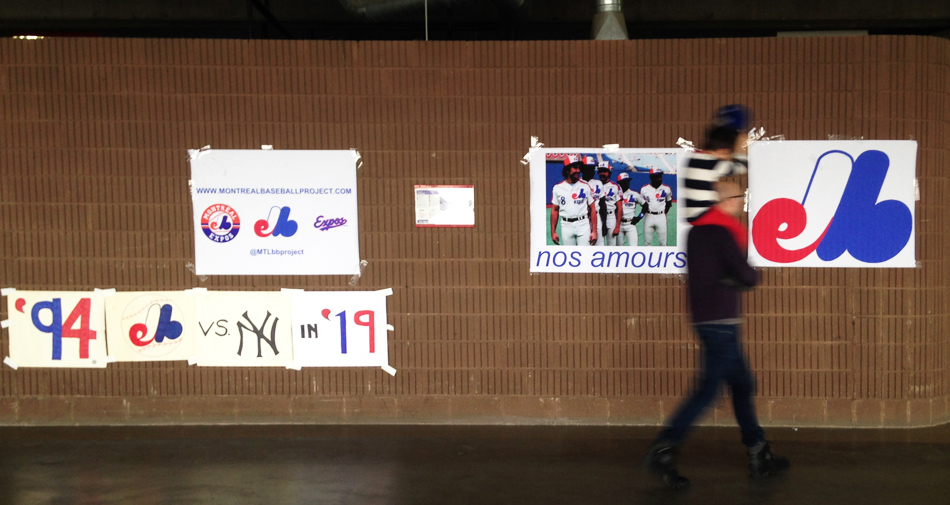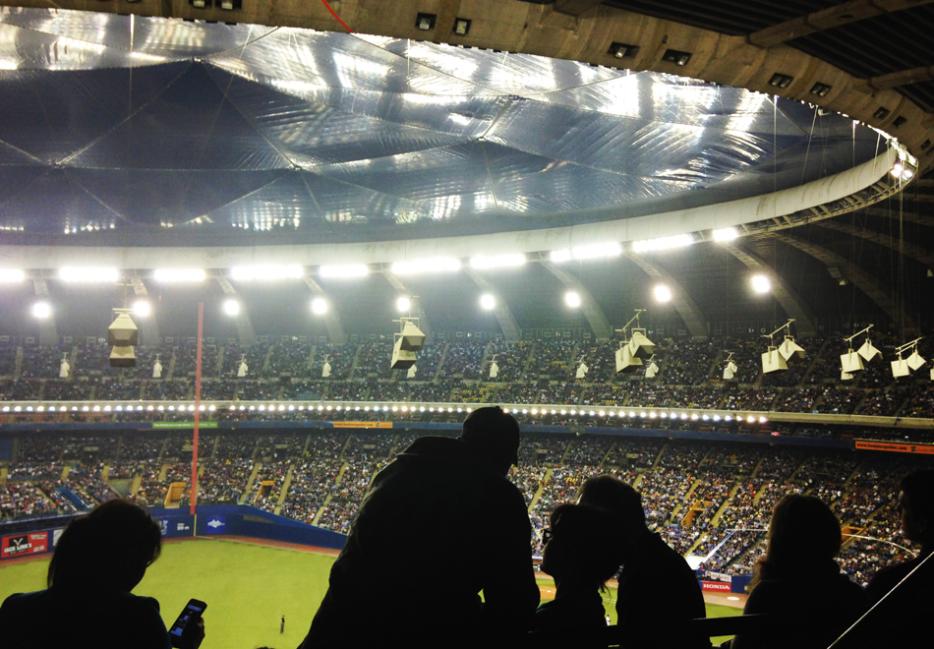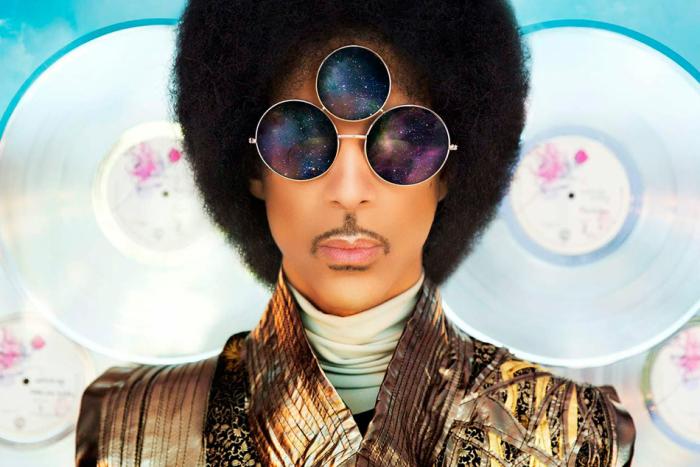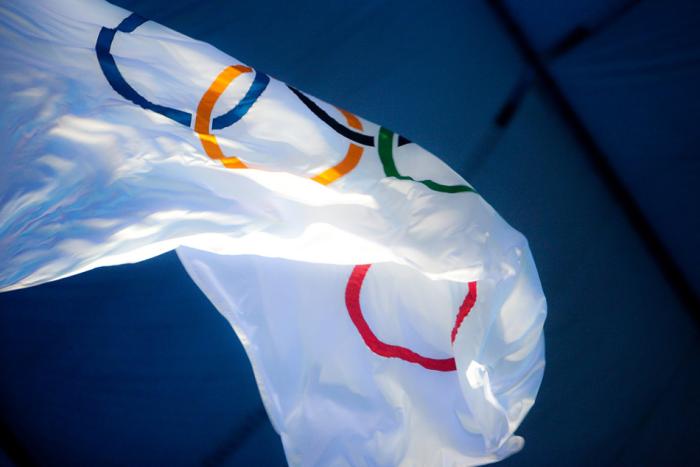Just over twenty years ago, Pedro Martinez was one batter away from throwing a complete game shutout for the Montreal Expos at Pittsburgh’s Three Rivers Stadium. But with two outs in the bottom of the ninth, Andy Van Slyke doubled to right field for the Pirates, and with a pair of runners now in scoring position, Montreal manager Felipe Alou decided that 123 pitches was enough for his starter. He gave the ball to closer John Wetteland, who promptly struck out Jeff King to preserve Pedro’s victory, and earned his 25th save in the process.
To the fans reading the box scores the next morning, it was a solid victory in a season full of them, a resolute pitching performance on the road that seemed to promise more of the same. But despite being a team that many thought could have won it all—and which some to this day insist would have won it all—this would be the last win the near-mythical ’94 Expos would ever record.
Two days later, on August 12, the players of Major League Baseball went on strike, and the Expos were reduced to paper champions. The next year Wetteland would be closing out games for the New York Yankees, with whom he’d win a World Series. Two years later, Pedro would be starting games in Boston, where he’d win a championship himself. But for those fans who’d seen the Expos play in Montreal less than a week before that final 1994 win, their best hope for a title had left on a road trip, and had never come back.
Montreal, of course, was not in a good way in 1994. The Canadian dollar was falling after the early ’90s recession, which the year prior had claimed the Conservative government and its uneasy coalition with Quebec’s nationalists. Montreal’s anglophone population was in diaspora. The fans that used to come over from the west side and the west island were moving even farther west (some of them wear Expos gear to Blue Jays games now).
In that context, the 1994 Expos were a movie montage of a team. They were young, they were unheralded, and they kept winning, as the saying goes, as if they didn’t know any better. They had a future Hall of Famer in Pedro and a manager who often got a louder ovation than the players on Opening Day, and, in contrast to the Jays—who had just won two World Series with the help of high-priced free agents—this team was largely homegrown. There had been a bunch of underdog champions in that era (the worst-to-first Twins; the wire-to-wire Reds; Gibson’s Dodgers), and it seemed like this would be the Expos’ turn.
Though fans tend to think of the strike as a sort of asteroid that obliterated baseball in Montreal, there were chances to keep it alive. But a consortium of factors never came together, and so it is the 1994 team that remains the great what-if—the year they would have known what they were made of. Had the Expos been allowed to lose (the way they had in 1981 when, ironically, a strike-affected season helped them get into the playoffs), at least the fans could have come to terms with it—even if it meant suspecting that Blue Monday hadn’t been just baseball, but predestination. 1994 was so much worse than that: the Expos became indelible in their incompletion. You can muse about them forever. Or, at least, for 20 years and counting.
*





